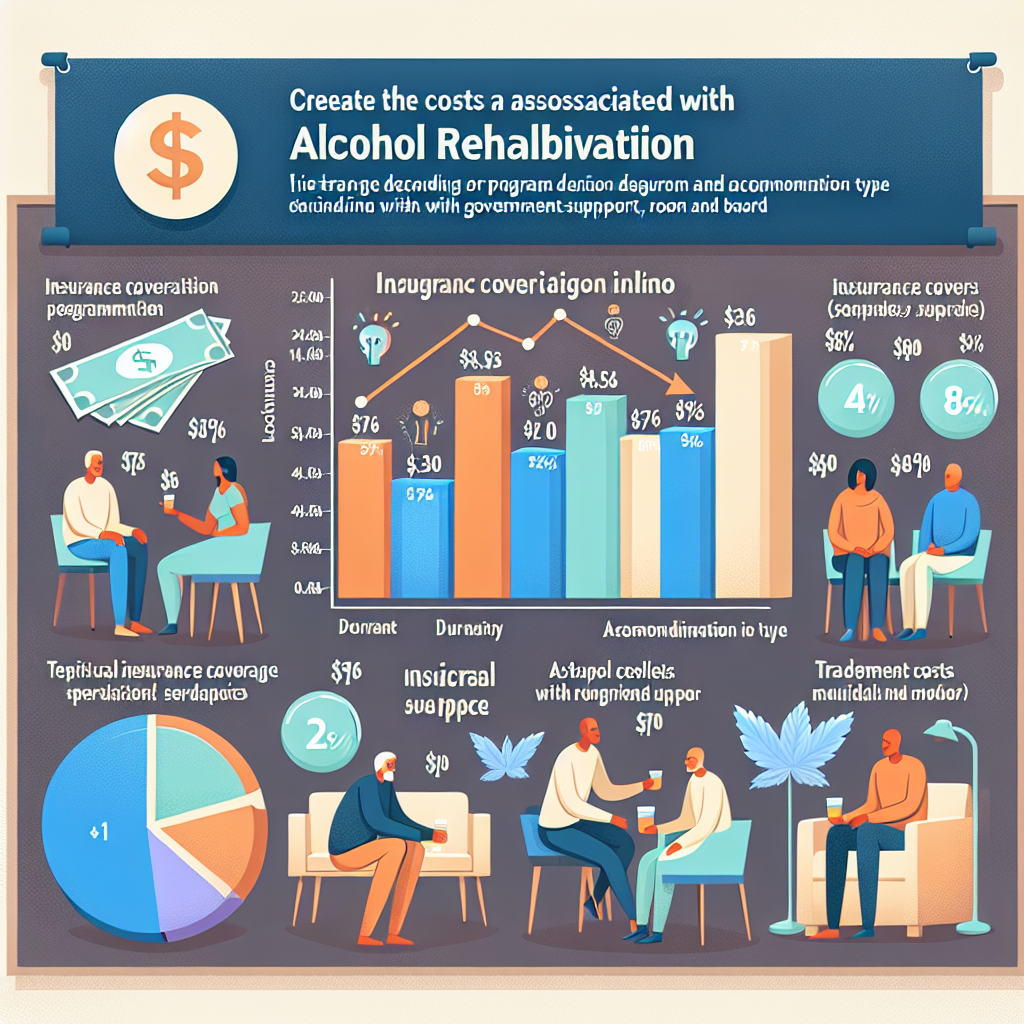-
Table of Contents
“Overcoming Shadows: Navigating the Complex Path of Cocaine Rehab in London”
Introduction
Cocaine rehabilitation in London presents a unique set of challenges that complicate the recovery process for individuals struggling with addiction. The city’s fast-paced lifestyle, high-stress environments, and the availability of the drug contribute to the complexity of treatment. Additionally, the stigma associated with addiction, limited access to specialized rehab facilities, and the high cost of treatment further hinder effective recovery. Social factors, such as peer pressure and the prevalence of drug use in certain social circles, also play a significant role in the difficulty of overcoming cocaine addiction. Addressing these challenges requires a comprehensive approach that includes medical intervention, psychological support, and social reintegration programs tailored to the specific needs of individuals in London.
Overcoming Stigma: The Social Challenges of Cocaine Rehab in London
Overcoming the stigma associated with cocaine rehab in London presents a significant social challenge for many individuals seeking recovery. The journey to sobriety is often fraught with obstacles, not least of which is the pervasive societal judgment that can accompany addiction. This stigma can manifest in various ways, from the subtle disapproval of peers to overt discrimination in professional settings. Consequently, those in need of help may find themselves reluctant to seek the support they desperately require, fearing the repercussions of being labeled as an addict.
Transitioning from addiction to recovery is a monumental step, and the social environment plays a crucial role in this process. In London, a city known for its fast-paced lifestyle and high societal expectations, the pressure to maintain a facade of success can be overwhelming. For many, admitting to a cocaine addiction feels like admitting to a personal failure, which can be a significant barrier to seeking treatment. However, it is essential to recognize that addiction is a medical condition, not a moral failing. By reframing the conversation around addiction, we can begin to dismantle the stigma and create a more supportive environment for those in recovery.
Moreover, the fear of social ostracism can be particularly pronounced in professional circles. In a competitive job market, the revelation of a cocaine addiction can jeopardize career prospects and professional relationships. This fear is not unfounded, as many employers may harbor biases against individuals with a history of substance abuse. However, it is important to highlight that recovery is a testament to an individual’s strength and resilience. Employers and colleagues should be encouraged to view recovery as a positive step, indicative of a person’s commitment to personal growth and well-being.
In addition to professional challenges, personal relationships can also be strained by the stigma of addiction. Friends and family members may struggle to understand the complexities of addiction, leading to feelings of isolation for the individual in recovery. Education and open communication are vital in these situations. By fostering a deeper understanding of addiction as a chronic disease, loved ones can provide the necessary support and encouragement. This support network is crucial for maintaining long-term sobriety and rebuilding trust.
Furthermore, the media often perpetuates negative stereotypes about addiction, which can exacerbate the stigma. Sensationalized portrayals of drug use and addiction can create a distorted view of the reality faced by those struggling with substance abuse. It is imperative for media outlets to adopt a more responsible approach, focusing on stories of recovery and resilience rather than perpetuating harmful stereotypes. By sharing positive narratives, we can shift public perception and reduce the stigma associated with cocaine rehab.
Despite these challenges, there are numerous resources available in London to support individuals on their path to recovery. From specialized rehab centers to community support groups, there is a wealth of options designed to address the unique needs of those battling cocaine addiction. These resources provide not only medical and psychological support but also a sense of community and belonging. By connecting with others who have faced similar struggles, individuals can find solace and strength in shared experiences.
In conclusion, overcoming the stigma of cocaine rehab in London requires a multifaceted approach. By challenging societal perceptions, fostering supportive environments, and promoting positive narratives, we can create a more compassionate and understanding society. For those embarking on the journey to recovery, it is important to remember that seeking help is a courageous and commendable act. With the right support and determination, it is possible to overcome the social challenges and achieve lasting sobriety.
Navigating Treatment Options: The Complexities of Cocaine Rehab in London
Navigating Treatment Options: The Complexities of Cocaine Rehab in London
Cocaine addiction is a pervasive issue that affects countless individuals across the globe, and London is no exception. The bustling metropolis, with its fast-paced lifestyle and myriad of social pressures, can often exacerbate the challenges faced by those struggling with substance abuse. Navigating the treatment options for cocaine rehab in London is a complex journey, fraught with obstacles but also filled with opportunities for recovery and renewal.
One of the primary challenges in seeking cocaine rehab in London is the sheer variety of treatment options available. From outpatient programs to residential rehab centers, the choices can be overwhelming. Each type of treatment has its own set of benefits and drawbacks, and finding the right fit is crucial for successful recovery. Outpatient programs offer flexibility, allowing individuals to maintain their daily routines while receiving treatment. However, this flexibility can also be a double-edged sword, as it may expose individuals to triggers and temptations that can hinder their progress. On the other hand, residential rehab centers provide a structured environment, free from external distractions, but they require a significant time commitment and can be costly.
Moreover, the financial aspect of cocaine rehab cannot be overlooked. The cost of treatment in London can be prohibitive for many, especially when considering long-term care. While the National Health Service (NHS) does offer some support for addiction treatment, the demand often outstrips the available resources, leading to long waiting times and limited access to specialized care. Private rehab centers, though more readily available, come with a hefty price tag that can be a barrier for those without substantial financial means. This financial strain can add to the stress and anxiety already experienced by individuals seeking help, making the path to recovery even more daunting.
In addition to financial challenges, the stigma associated with cocaine addiction can be a significant barrier to seeking treatment. Despite growing awareness and understanding of addiction as a medical condition, societal attitudes often remain judgmental and unsympathetic. This stigma can lead to feelings of shame and isolation, deterring individuals from reaching out for the help they desperately need. Overcoming this stigma requires a cultural shift towards empathy and support, recognizing that addiction is not a moral failing but a complex health issue that necessitates comprehensive care.
Furthermore, the psychological and emotional aspects of cocaine addiction add another layer of complexity to the rehab process. Addiction often coexists with mental health disorders such as depression, anxiety, and trauma. Addressing these co-occurring conditions is essential for effective treatment, yet it requires a multidisciplinary approach that can be difficult to coordinate. Integrated care that combines medical, psychological, and social support is crucial, but finding facilities that offer such comprehensive services can be challenging.
Despite these obstacles, the journey to recovery is not insurmountable. London is home to numerous dedicated professionals and support networks committed to helping individuals overcome cocaine addiction. Peer support groups, such as Narcotics Anonymous, provide a sense of community and shared experience that can be incredibly empowering. Additionally, advancements in treatment methodologies, including cognitive-behavioral therapy and medication-assisted treatment, offer new avenues for effective intervention.
In conclusion, while the complexities of navigating cocaine rehab in London are undeniable, they are not insurmountable. By understanding the challenges and exploring the available resources, individuals can find a path to recovery that suits their unique needs. The journey may be arduous, but with perseverance, support, and the right treatment, a life free from addiction is within reach.
Q&A
1. **Question:** What are some common psychological challenges faced by individuals undergoing cocaine rehab in London?
**Answer:** Common psychological challenges include intense cravings, anxiety, depression, and dealing with underlying mental health issues such as trauma or bipolar disorder.
2. **Question:** How does the availability of cocaine in London impact the effectiveness of rehab programs?
**Answer:** The high availability of cocaine in London can lead to increased temptation and relapse rates, making it more difficult for individuals to maintain sobriety during and after rehab.
Conclusion
Cocaine rehab in London faces several challenges, including high relapse rates due to the drug’s addictive nature, limited access to specialized treatment facilities, and the stigma associated with addiction that can deter individuals from seeking help. Additionally, the high cost of private rehab services and long waiting lists for public treatment programs can hinder timely access to care. The urban environment of London, with its easy availability of drugs and social pressures, further complicates recovery efforts. Addressing these challenges requires a multifaceted approach, including increased funding for public health services, enhanced community support systems, and comprehensive aftercare programs to support long-term recovery.



